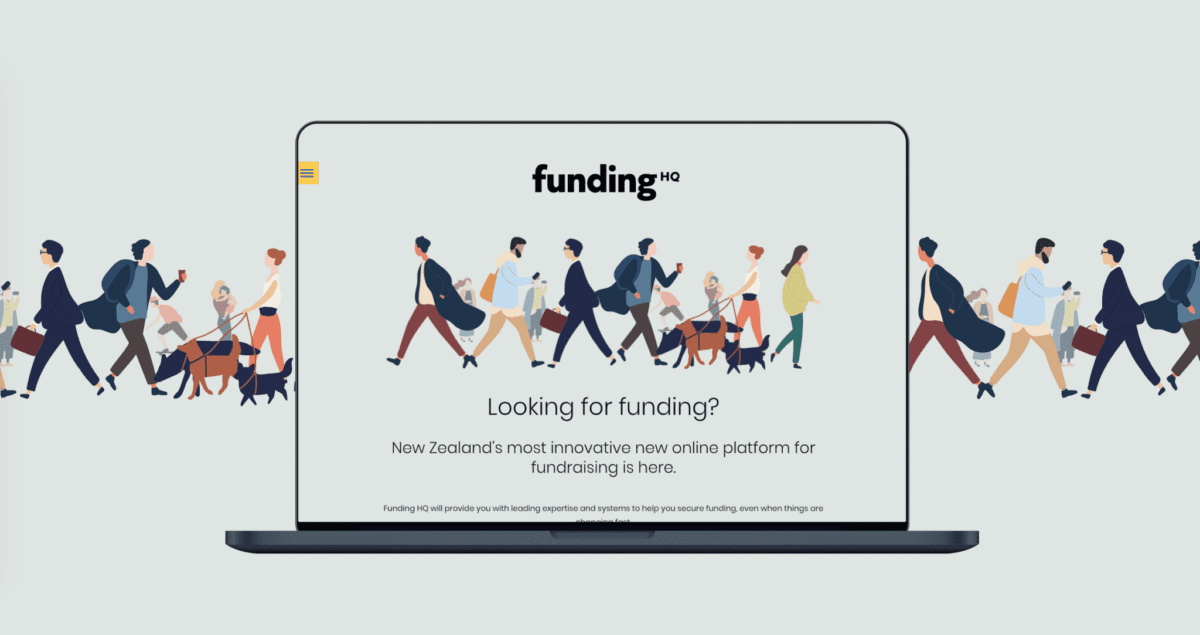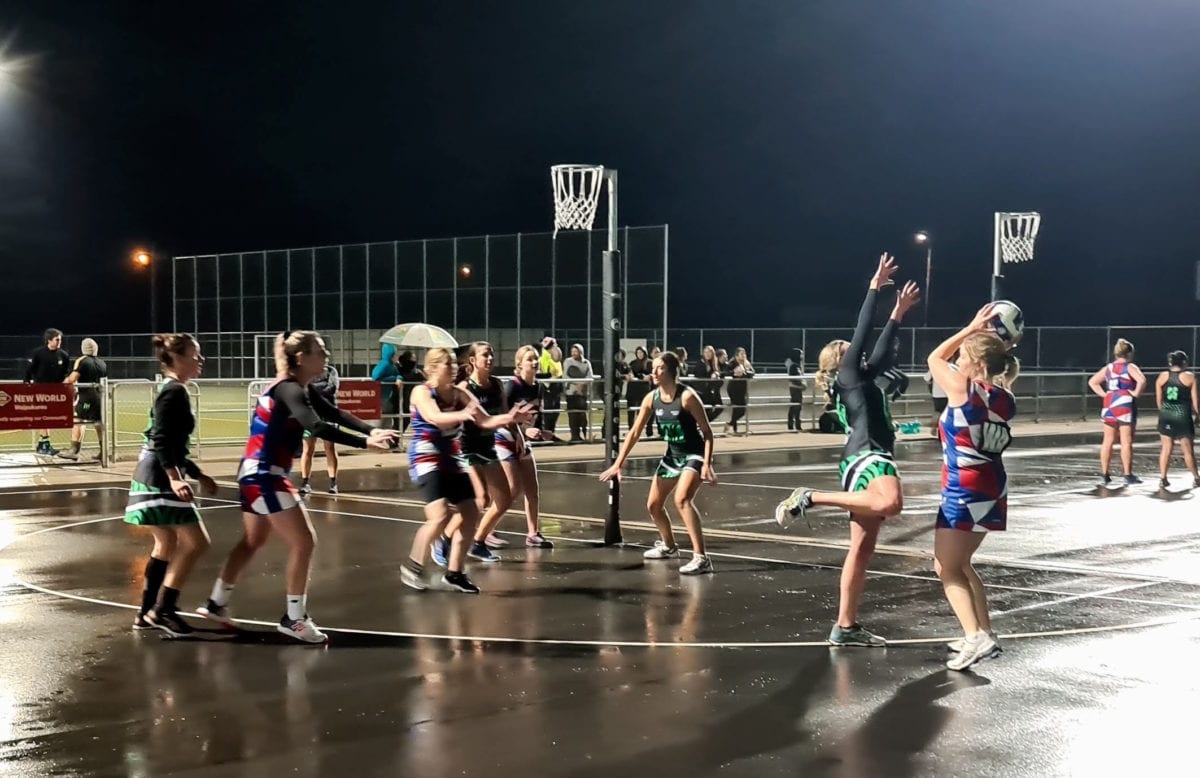It’s essential to be open and flexible in your approach when working with a large donor or philanthropist, especially around what motivates them to give. You may be surprised. Being open and attentive in early meetings will help you to respond to a donor’s needs. It can even uncover exciting new benefits. Jenni Giblin recalls […]










